Functions of Human Resource Management in an Organization
Human resource management plays a significant role when it comes to business organization, no matter big or small they are. The all in all employee management, well blended with company objectives is the prime motto of any human resource department or human resource management function. Development, planning, and administration are the main core of objectives in human resource management and this field is highly concentrated.
The main objectives of hr management are;
a) Effective management of human resources.
b) Maintaining the proper work culture.
c) Employee development and motivation.
The blog discusses the major functions of human resource management.
1. Recruitment and staffing
Recruitment and staffing are the primary functions of human resource management. The recruitment shall be done seamlessly and without any distinction based on race, caste, religion, sex etc. with the recruitment process, qualified applicants are invited through notifications via job portals, newspapers, social media platforms, and emails. They are interviewed and potential candidates are elected. There are mainly two types of recruitment, they are internal recruitment and external recruitment.
Internal recruitment: internal recruitment is happening within an organization. Transferring, promotion and employee referrals are the various methods of internal recruitment.
External recruitment: external recruitment is regular recruitment, through which outward candidates are elected to various posts of a company via the regular interview process.
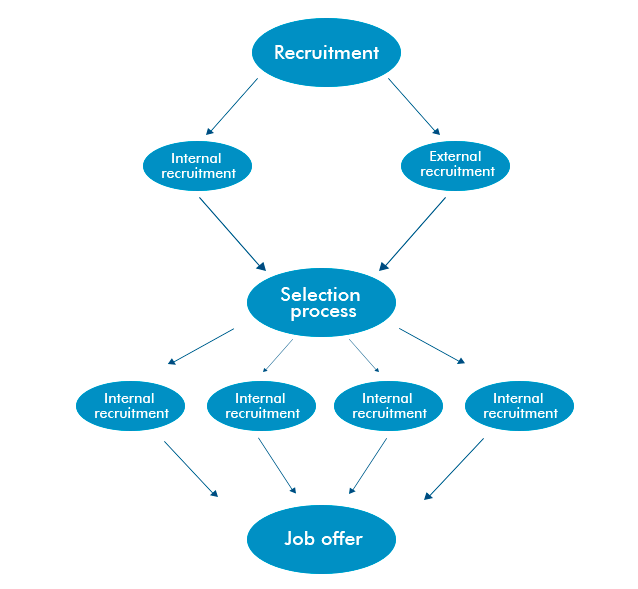
2. Planning and auditing
Another important function of human resource management is planning and auditing. The various plans put forward by the HR department for the fulfillment of organizational targets are intended by planning. It includes setting goals for employees, tracking the employees, providing them with strategies for work fulfillment, etc. The continuous evaluation of jobs, recruitment, selection, placement, training, development, etc. comes under the auditing section. It also includes employee welfare, employee safety, the working of trade unions, and industrial relations. An HR audit is a must to be considered if you really envision in achieving the organization's lets.
3. Job analysis
The process of describing a job and specifying the various requirements needed for that job is what is meant by job analysis. The job requirements include educational qualifications, skills, experience etc. Job analysis leads to the creation of a job description. A job description clearly defines what a job is.
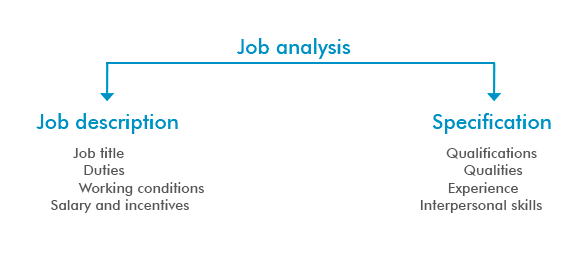
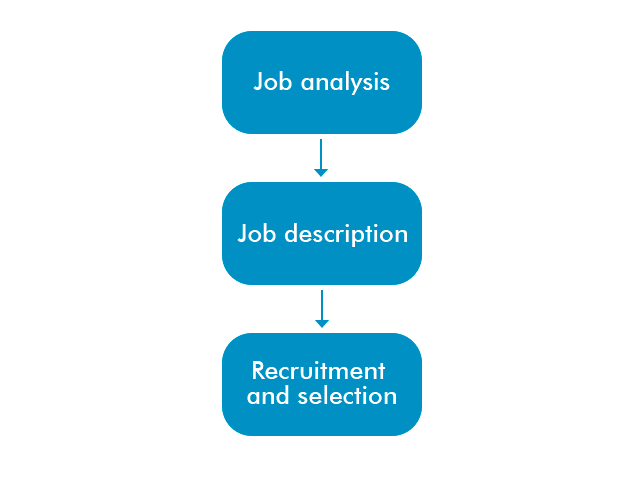
4. Orientation, training, and development
The next function of HR Objectives will be the orientation, training, and development program of the new recruits. With orientation, HR makes sure that the employee is well acquainted with the workspace, work culture, and job role. With training, proper backup is provided to the employee to make him fit for the job, and with development activity, the employee is made competent and professionally advanced in the job he is committed to.
5. Performance appraisal
Performance appraisal is usually done for the purpose of employee evaluation. Through regular monitoring, the employees are evaluated and their performance is noted. A performance standard will be set up for each and every employee and, it will be on the basis of this standard that the HR will be evaluating the employee. With the appraisal method, top-performing employees can be rewarded and underperforming employees can be trained on their weak points.
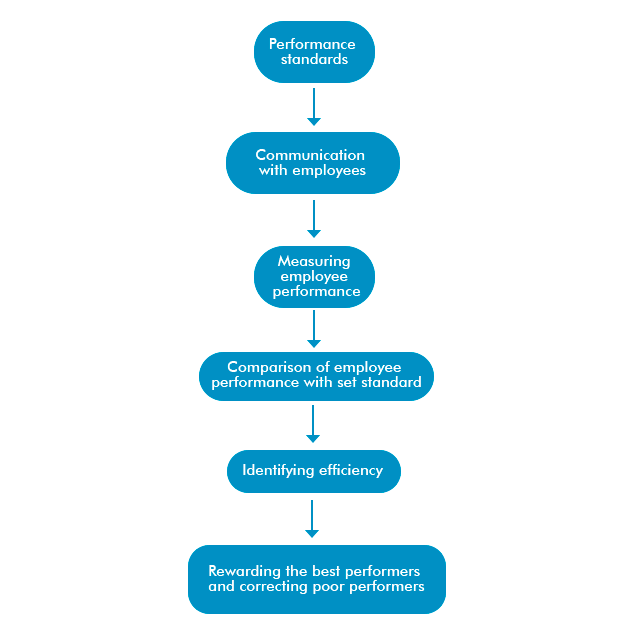
6. Compensation
Payment, salary, wage or remuneration belongs to the category of compensation. HR is also responsible for handling these areas effectively. The right time payment of salary is a very must to keep the goodwill of a company. The employer is responsible for providing remuneration and compensation. The payment shall be strictly based on laws of the respective countries where the organization is functioning.

7. Employee benefits
Providing employees deserving benefits is another function of Human resource management. Benefits can be of various types including complementary services like food allowance, travel allowance, house allowance etc., leaves of various types, incentives etc. There are also some compulsory benefits which shall be provided by the employer, like the provident fund, maternity leave, minimum bonus for an employee, workmen compensation if employee’s death happens during the course of employment etc.
8. Employee motivation
Employee motivation is a critical aspect of human resource management. HR managers should be aware of the elements that contribute to employee performance decline, develop solutions to those issues, and thereby encourage staff. Motivated employees perform better than unmotivated employees. hr functional areas of human resources HR can use strategies such as offering a better working environment, incentives, and recognition to motivate employees.
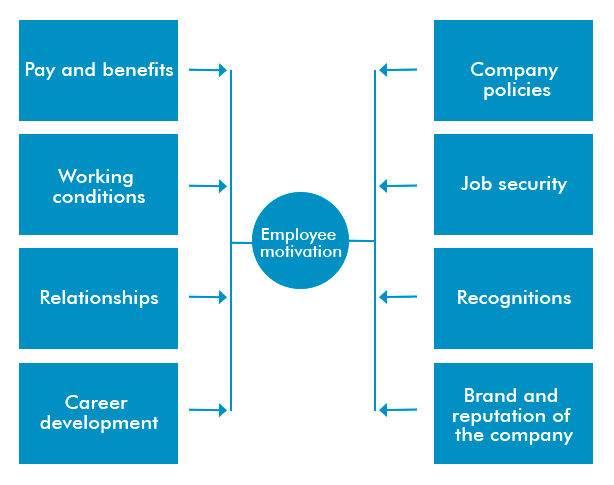
9. Record keeping
HR is also responsible for keeping various records related to the employees. Various documents like application forms, health records, medical records, employment history, work hours, and such related employee data should be safely within the reach of an HR with any time accessibility.
10. Labour laws
Labour laws are very important and HR should have good knowledge about labor laws. There will be cases of issues happening in the workplace that the HR will have to handle, for that purpose the HR must have some knowledge about labor laws. Also to handle the various needs of employees like salary, leaves, resignations, etc. HR should know about the laws which handle those sections. So handling labor laws is also an important function of human resource management.
These all are the major hr department functions carried out by human resource management.